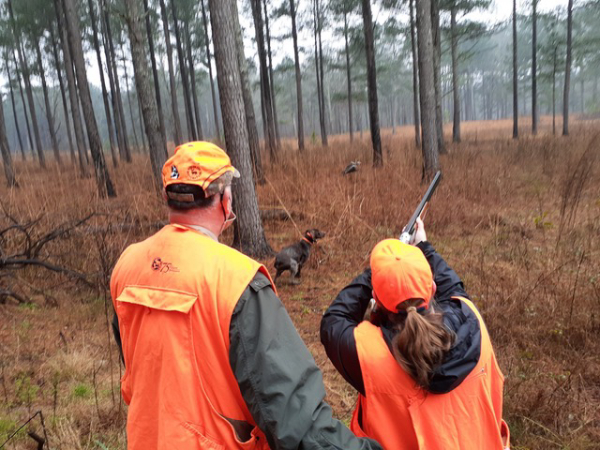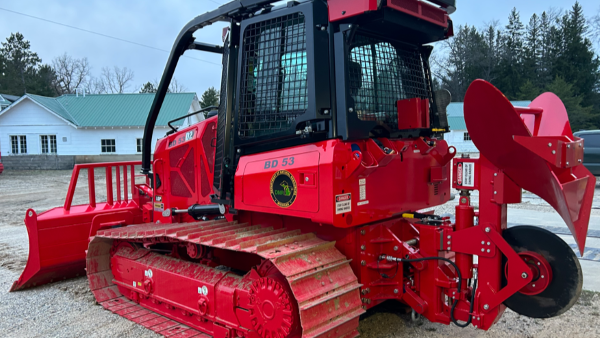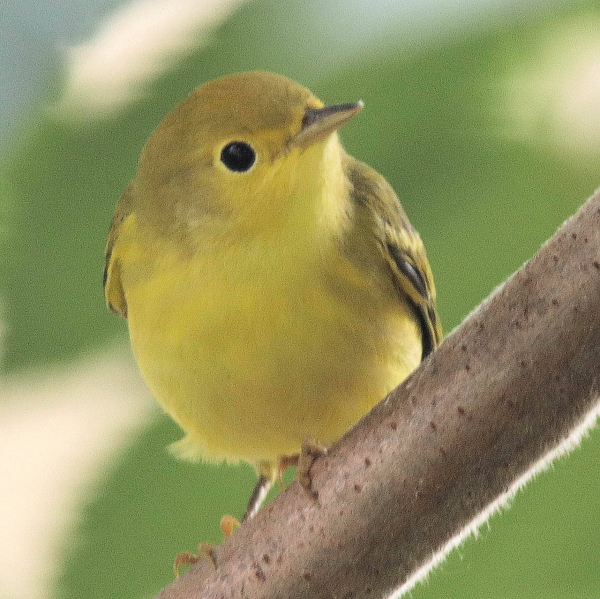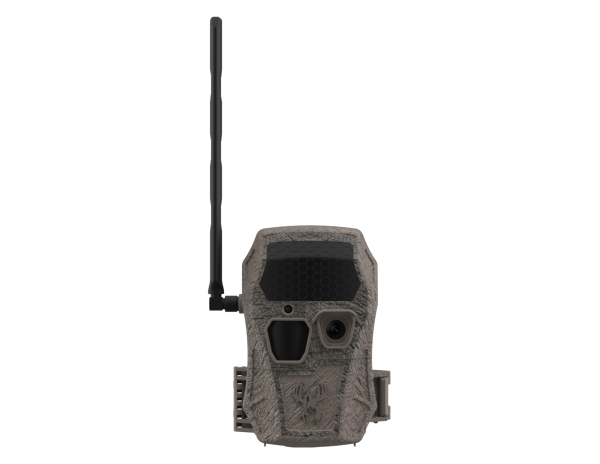Michigan: Crew Boss Academy develops wildland firefighters into leaders

Three dozen wildland firefighters from around the country knew for sure they were going to find a lot of class work during the 10-day Crew Boss Academy at Fort Custer. The intensive workshop crams four separate firefighting management classes into busy mornings.
It was during afternoon exercises on this military base near Battle Creek, Michigan, when they got some surprises.
On the scene of a grass fire, they might encounter a person recruited to play a disgruntled landowner. Dispatched to a fire site, they might come across a simulated car accident and stop to help while calling for another engine to proceed to the fire.
“They did live fire scenarios with DNR engines on site,” said Paul Rogers, forest fire officer supervisor with the Michigan Department of Natural Resources. “They were dispatched like they were going to a real fire.”
The classes and exercises conducted in October were part of a nationwide workshop to help wildland firefighters learn to manage crews of four to 21 people. Like real-life firefighting, days were long, work was hard and team-building was vital.
“Essentially what they’re doing is emphasizing how to be a better leader,” said Maria Albright, a longtime firefighter who works as a wildlife technician at the Allegan State Game Area. “They want to help you get better at taking charge of firefighters with less experience than you.”
Meeting other leadership candidates from across the country was critically important, she said, as participants were able to share experiences.
“We were talking about similar things that we all do, but we kind of come at it differently,” she said of participants, which included eight Michigan DNR firefighters from the wildlife and forest resources divisions and visitors from 20 agencies in 12 other states: Arkansas, Delaware, Florida, Georgia, Idaho, Iowa, Minnesota, Oklahoma, Pennsylvania, South Dakota, Texas and Virginia.
The training was hosted by the DNR, the Michigan Prescribed Fire Council and The Nature Conservancy, with support from other agencies as well. It rolls four separate certification classes into just over a week. Individual courses focus on leadership, the urban interface, crew boss issues such as handling personnel and engine boss, which deals with equipment handling. The urban interface refers to times when wildland fires run into homes, subdivisions and towns or cities.
“It’s just an intense, consolidated series of training,” said Dan Laux, fire specialist with the DNR and training coordinator. “It’s important because we always like to keep folks moving into leadership roles.”
The work is not done when the Crew Boss Academy workshop is complete. Participants now are working though “task books,” which document their real-life experience as leaders. They’ll have to get others to sign that they have completed 75 to 122 crew boss-related jobs and responsibilities within the next three years to become officially certified. The tasks include a variety of skills ranging from getting complete information from dispatch, to safely traveling to the assignment. Respect and integrity are covered right along with tactics.
Albright said she understands the need for qualified leaders in the field, and is looking forward to finishing her task book.
After thinking about it for some time, she said she is glad she finally went through the Crew Boss Academy.
“I think the strength of this thing is, you sit in a class for a little bit and you go outside and do what you were just talking about, or do it on sand tables or in simulation exercises,” Albright said. “You’re applying what you just talked about.”





